
The Night in Cold Water
By Himat

19 Feb, 2024
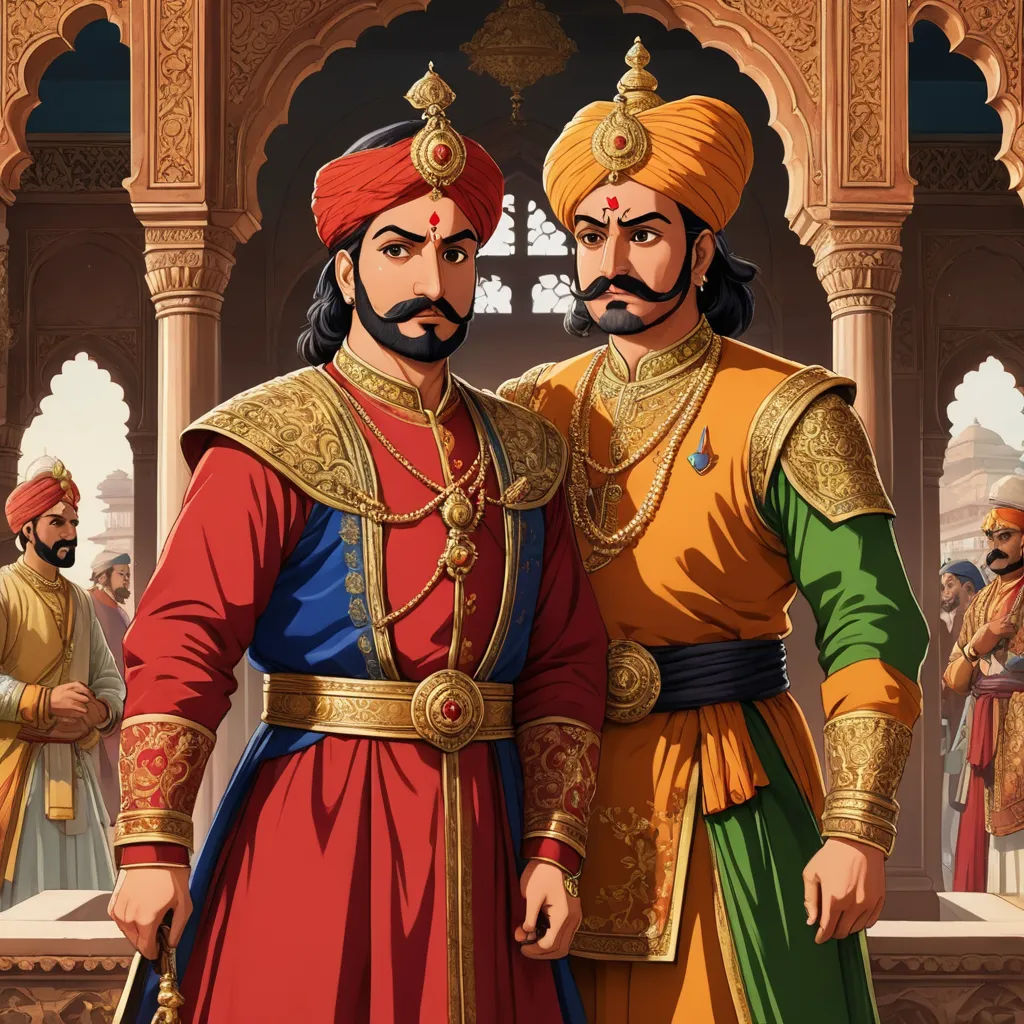
In the heart of the Mughal Empire, a wise commander named Birbal served under the powerful King Akbar. Birbal was renowned for his intelligence and wit, as well as his ability to solve tricky situations. King Akbar often tested Birbal's wisdom with complex riddles and challenges.
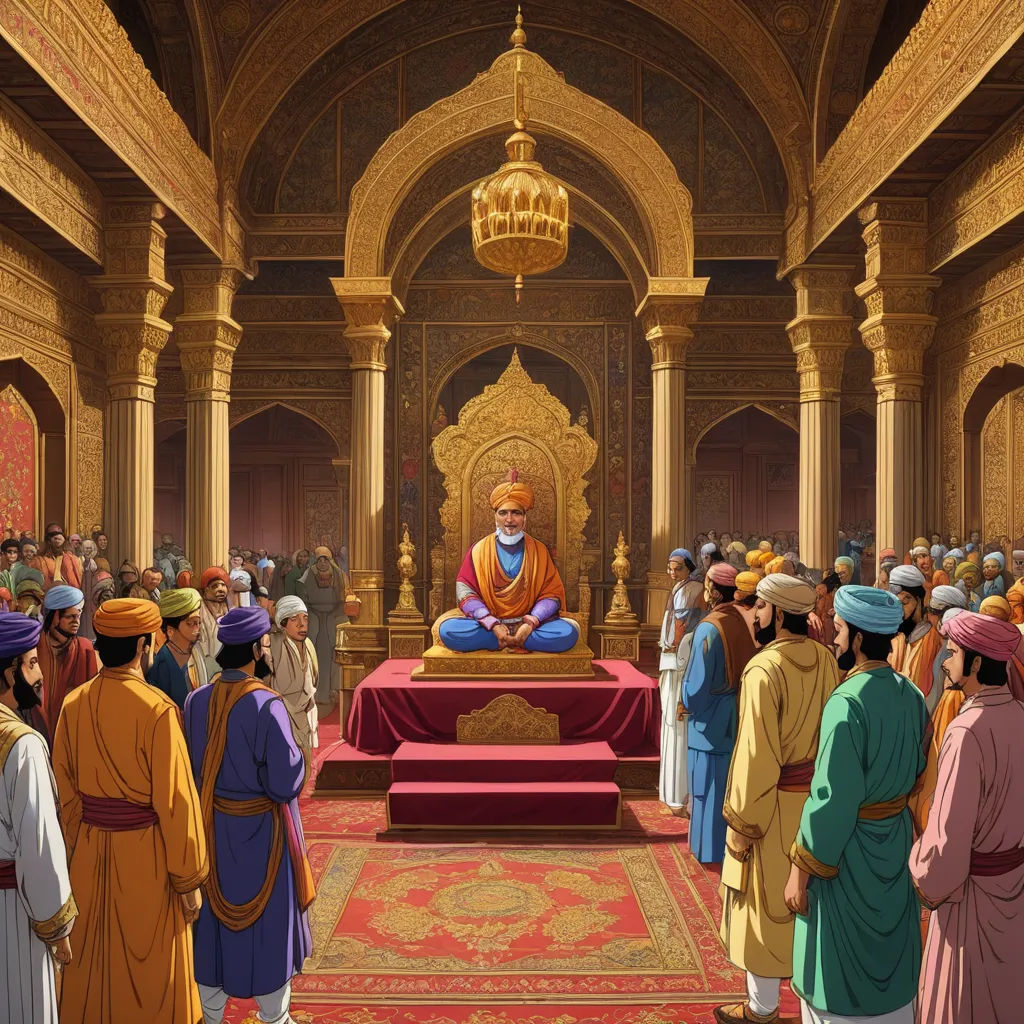
One day, King Akbar posed a peculiar question to Birbal. He asked whether anyone could stand in cold water throughout the entire night. The question left the court in silence, everyone looking towards Birbal for his response.
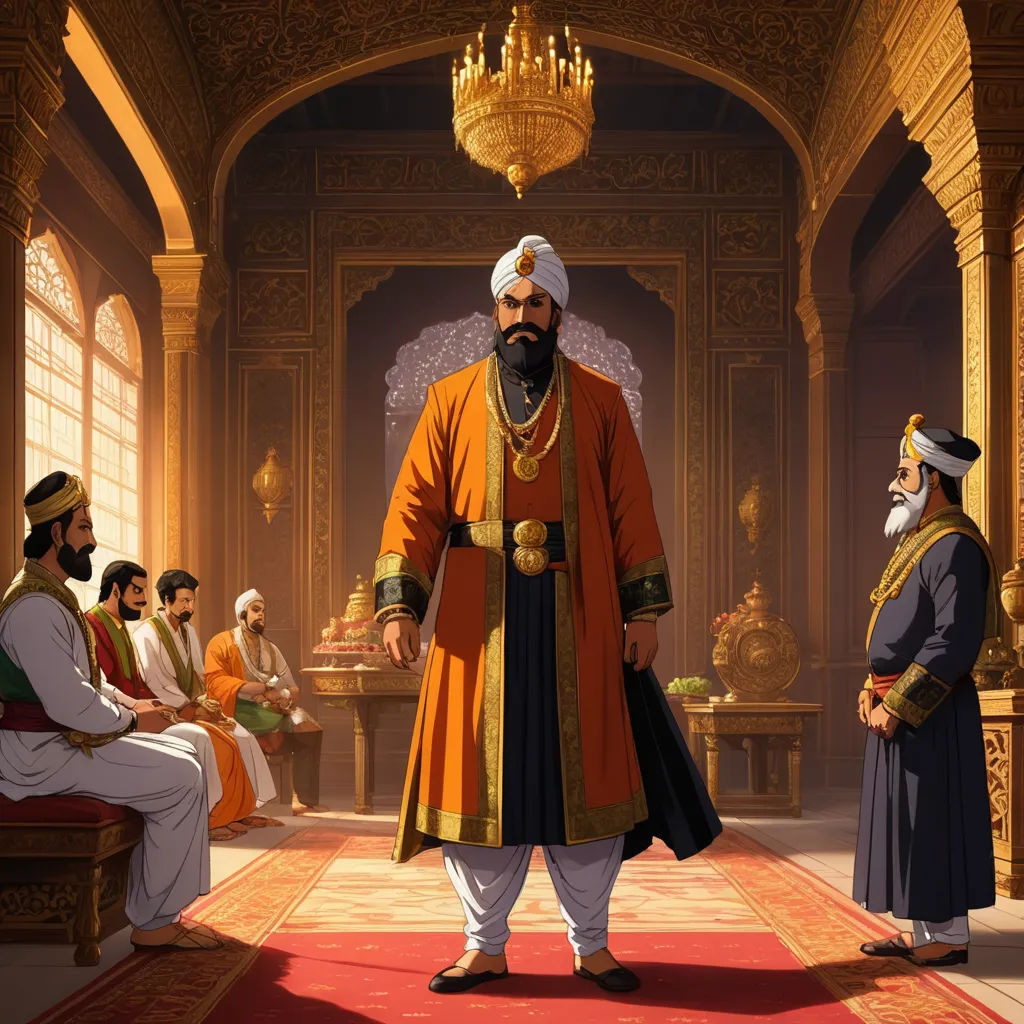
Birbal, with a confident smile, replied that it was indeed possible if a handsome reward was offered. His response intrigued King Akbar and he promptly agreed to offer a reward.

A poor man, hearing of the challenge and its reward, stepped forward. He was desperate and willing to endure the cold to improve his situation. King Akbar agreed to let him attempt the task.

The night came, and the poor man stepped into the cold water. He shivered as the icy chill seeped into his bones, but the thought of the reward kept him standing.
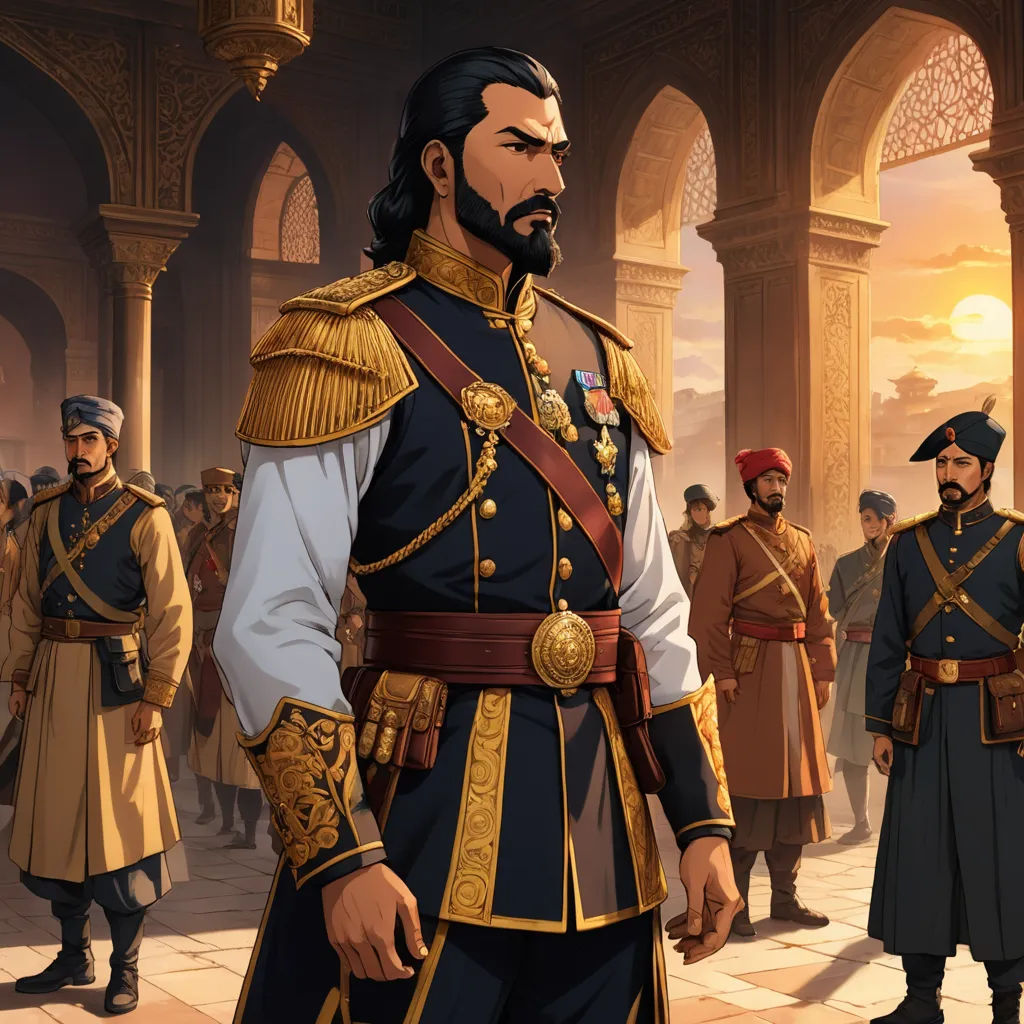
A soldier, appointed by King Akbar, was tasked with monitoring the poor man. He watched him from the palace, ensuring he followed the rules.

The poor man endured the whole night in the water, teeth chattering, body shivering, but never leaving the pool. As dawn broke, he emerged, hoping to receive his reward.
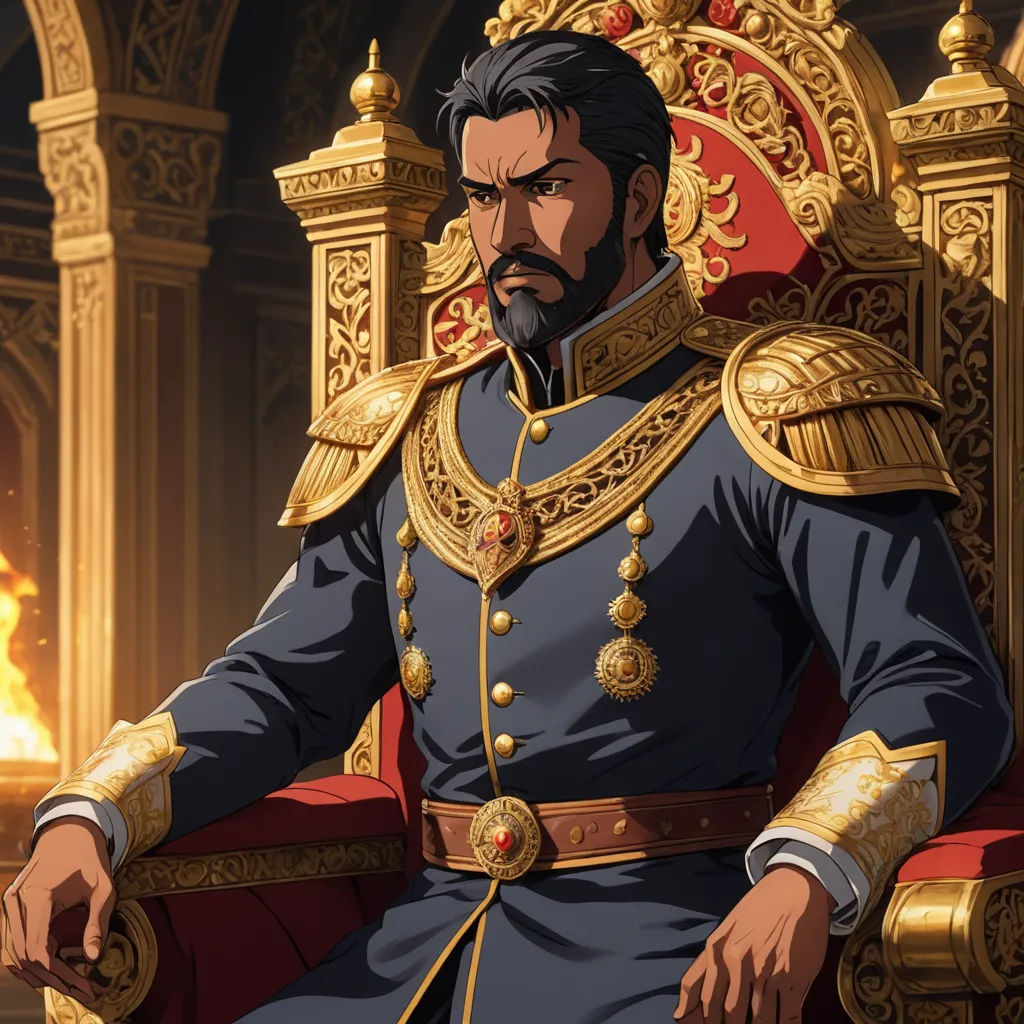
However, the soldier reported to King Akbar that the poor man had received warmth from the palace lamp. Hearing this, King Akbar, believing the man had cheated, refused to reward him.
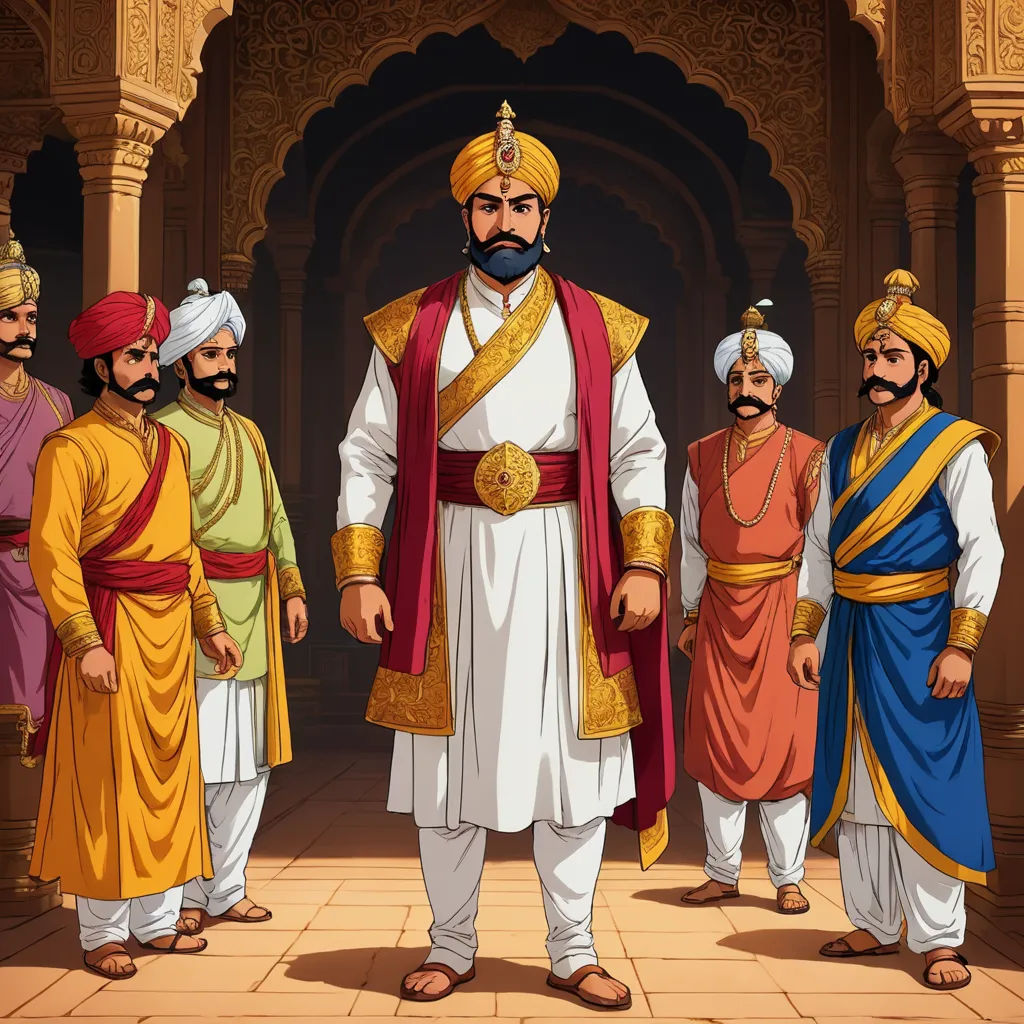
The next day, Birbal was absent from the court. King Akbar, missing his wise counsel, sent the soldier to fetch him. But Birbal refused to leave his home until his food was ready.
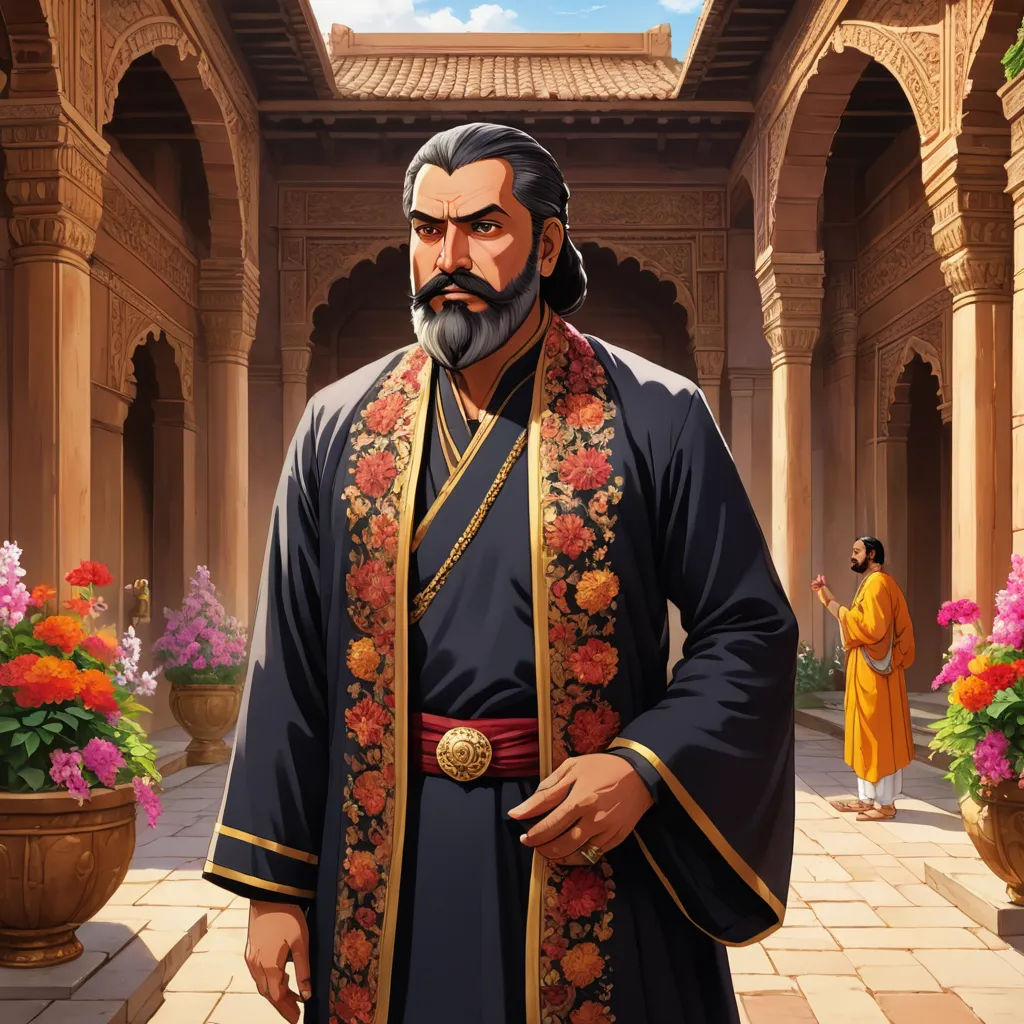
Hours passed, and Birbal still didn't arrive at the palace. Growing impatient, King Akbar decided to visit Birbal's home himself. He was astonished by what he saw when he arrived.
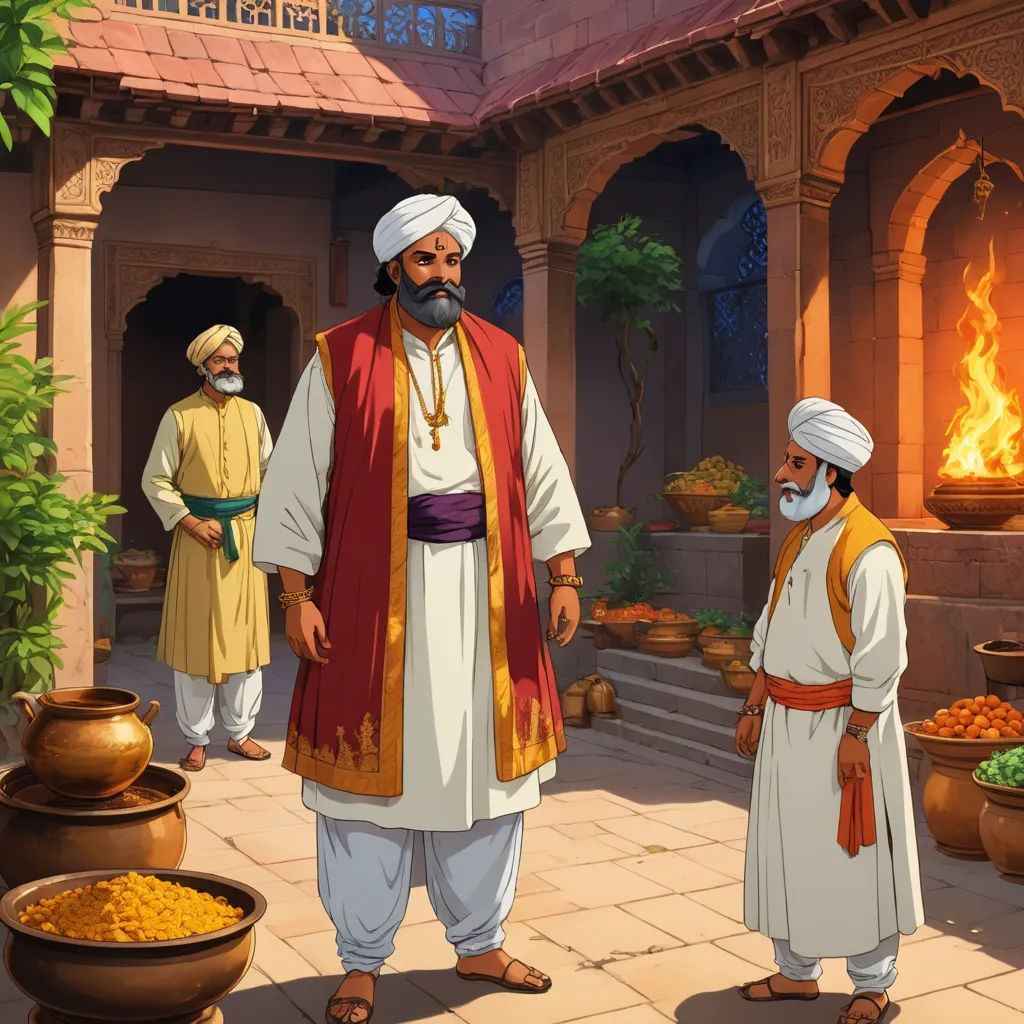
Birbal had placed a pot of food inside his house and lit a fire outside. King Akbar was perplexed and asked Birbal how he expected the food to cook from such a distance.
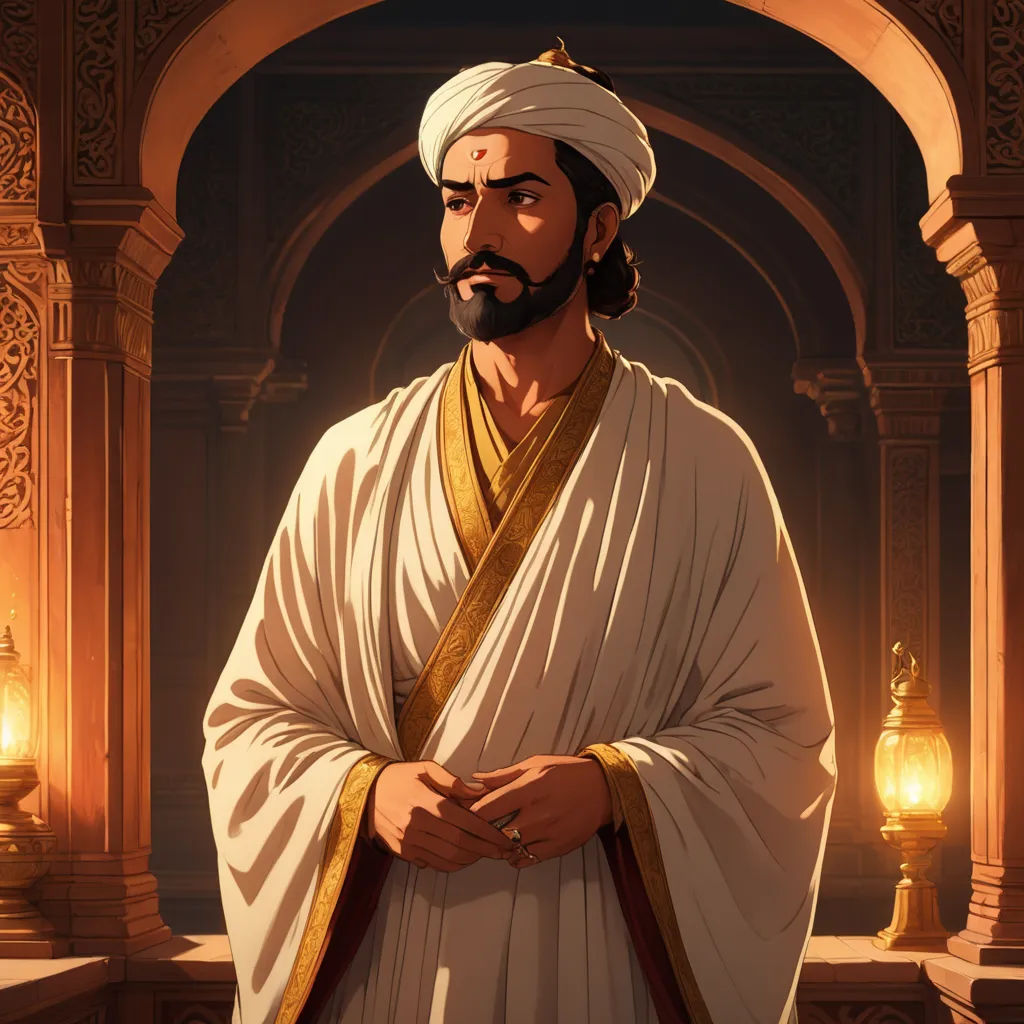
Birbal, with a knowing smile, replied that if the poor man could receive warmth from the palace lamp, then his food should certainly be ready. His words left King Akbar in deep thought.

Realizing his mistake, King Akbar felt ashamed. He understood that he had been unfair to the poor man, denying him the reward he rightly deserved.

Returning to his palace, King Akbar summoned the poor man. He apologized for his mistake and decided to give him the reward as promised. The poor man was overjoyed.
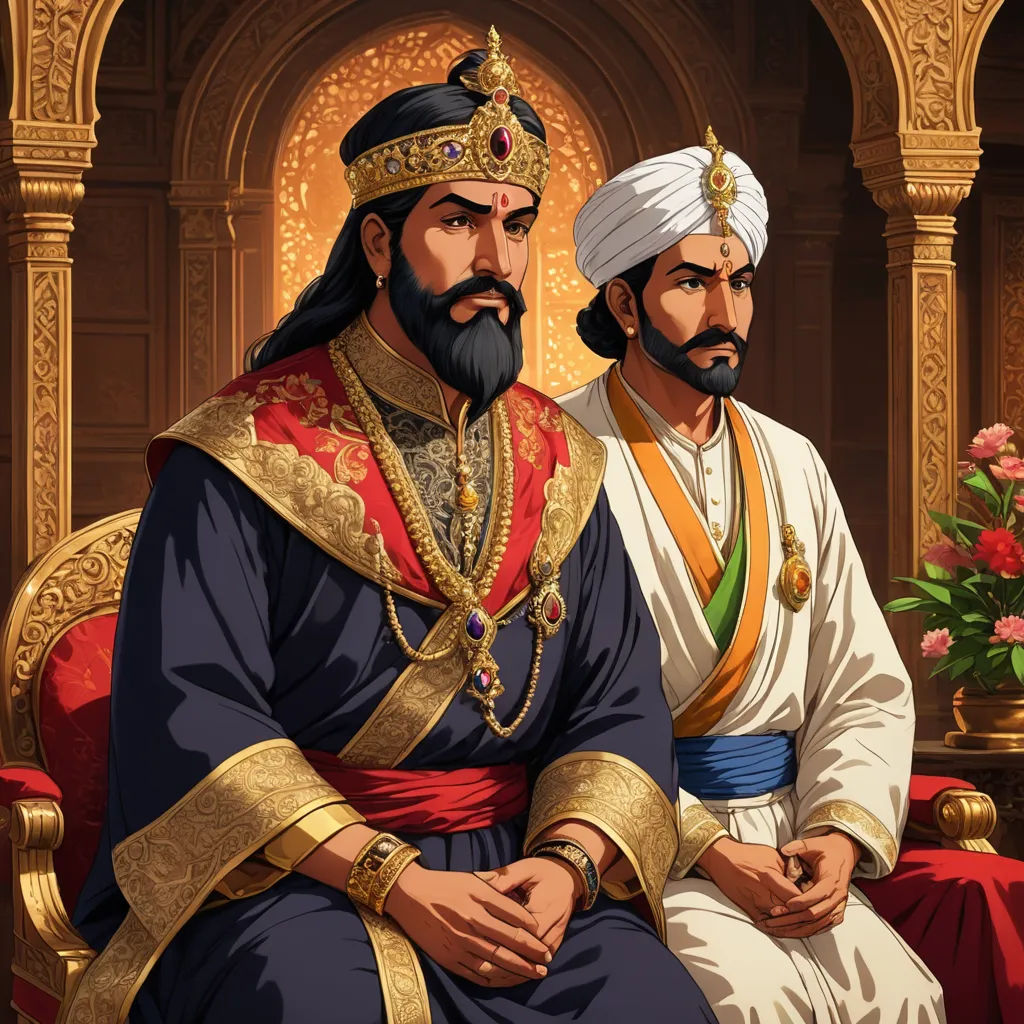
King Akbar thanked Birbal for helping him realize his mistake. He appreciated Birbal's wisdom and the clever way he had made his point.
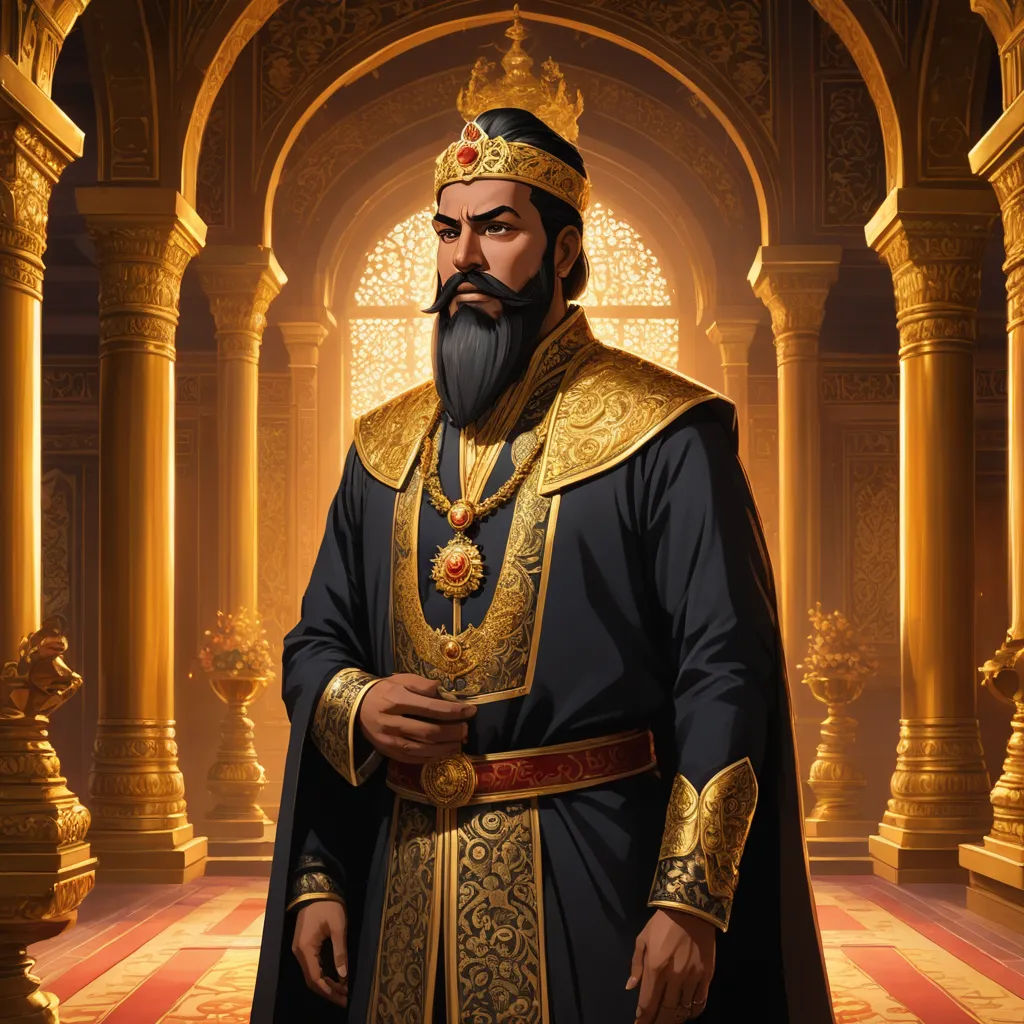
From that day forward, King Akbar learned to be more considerate and fair in his judgments. He understood that justice should be above all, even the king's pride.
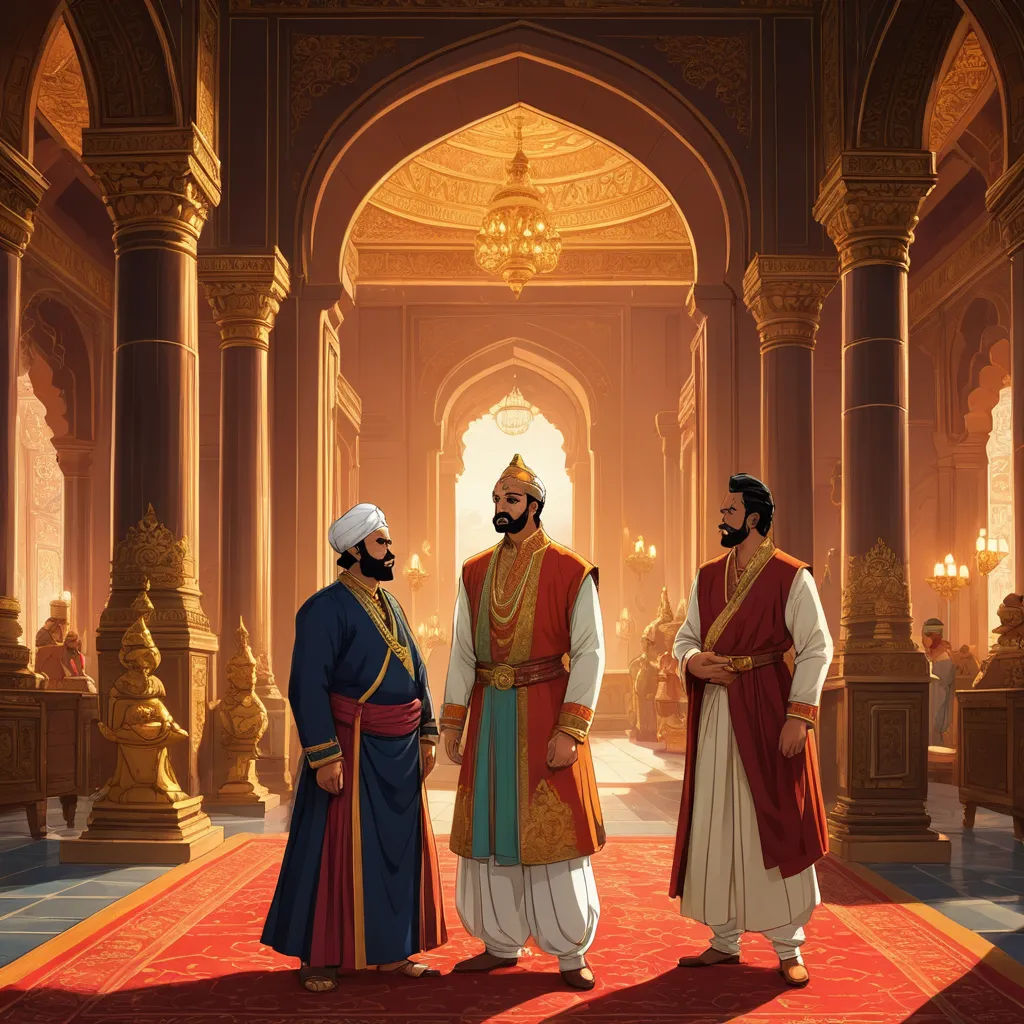
As for Birbal, he continued to serve King Akbar with his wit and wisdom, often teaching valuable lessons in the most unexpected ways.

The poor man, with his newfound wealth, improved his living conditions. He was grateful to Birbal for standing up for him and ensuring justice was served.

The story of the man who stood in cold water all night became a popular tale in the kingdom. It served as a reminder of the importance of fairness and the wisdom of Birbal.
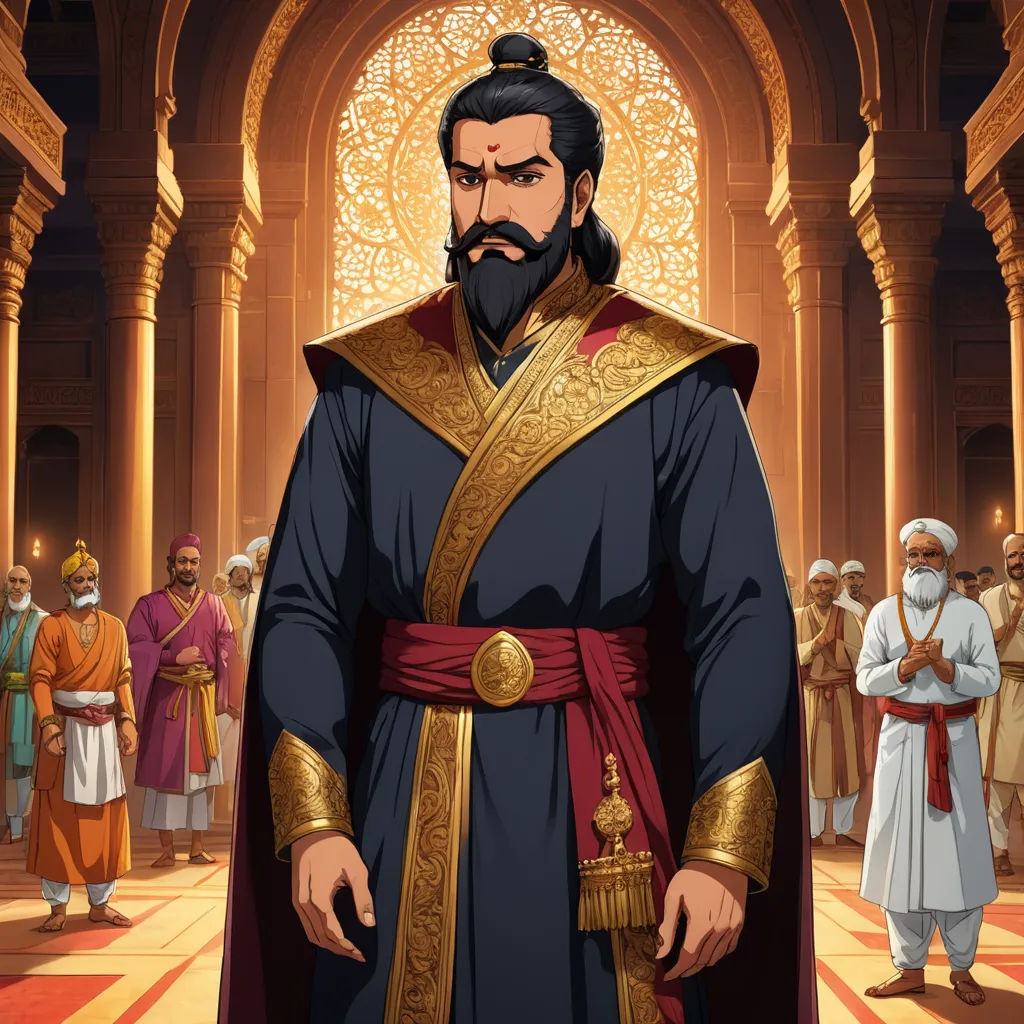
King Akbar's court became a symbol of justice and wisdom, thanks to Birbal's clever solutions. The story of the night in cold water was often narrated, encouraging everyone to be fair and just.